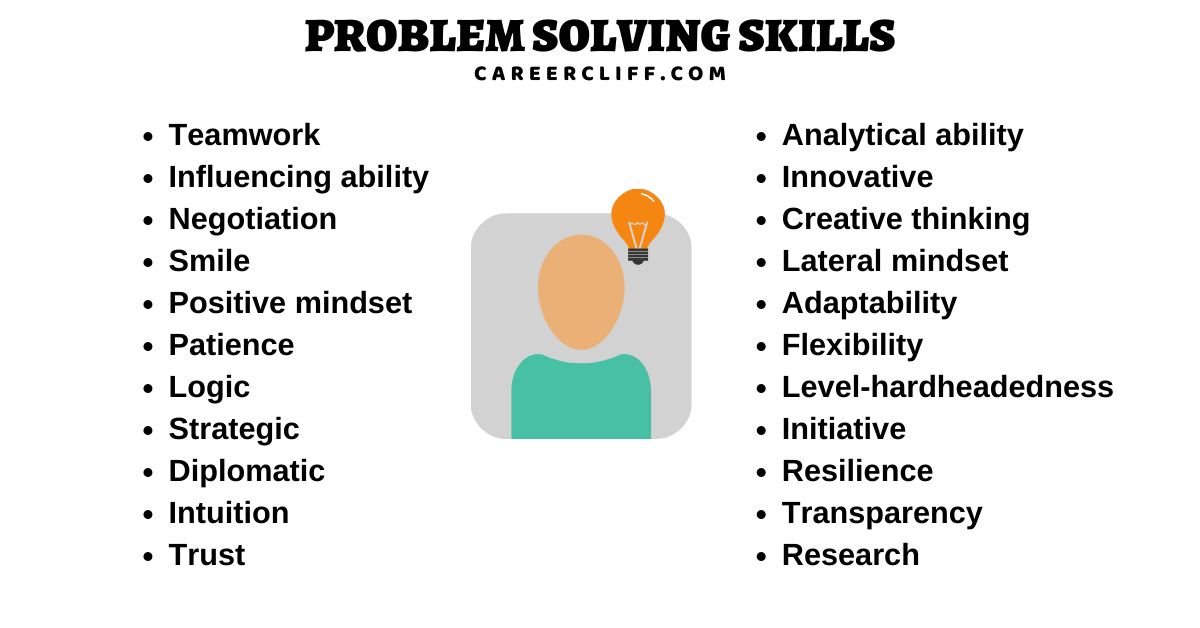A Impact of Remote Work on Professional Services

The shift to virtual work has transformed the environment of services industry, bringing both benefits and obstacles for firms and their clients. As businesses adjust to this new reality, the role of these services becomes increasingly essential for fostering growth and managing complexities. With a range of skills from law services to financial advisory and technical assistance, these firms play a critical role in helping organizations thrive in a quickly evolving market.
In this article, we will explore key elements of the services sector and their increasing importance in the current business world. We will highlight why investing in professional skills is essential for achieving goals, identify the best qualities to consider when choosing a service partner, and examine how these firms can boost operational efficiency and strategic benefits. By understanding the value they offer, businesses can better leverage professional services to not just exist but thrive in a post-pandemic economy.
A Value of Professional Services
Specialized services hold a crucial function in driving business growth by delivering specialized expertise and tailored solutions that enhance operational effectiveness. Companies typically face complex problems that require specific skills and skill sets not available in-house. Expert firms, such as analysts, accountants, and legal professionals, arm businesses with the knowledge and tools needed to address these issues effectively. By leveraging this knowledge, organizations can boost their performance, optimize processes, and finally achieve their organizational objectives more efficiently.
Investing in expert services also yields a substantial return on investment, as these firms not just solve immediate problems but also contribute to long-term strategic benefits. For example, by partnering with a expert services firm, businesses can identify opportunities for improvement, optimize resource allocations, and boost client engagements. Moreover, the relationship with these consultants can lead to enhanced problem-solving skills and a more strong operational framework, preparing businesses for sustainable growth in an increasingly competitive landscape.
In also to practical solutions, specialized services provide a level of assistance that fosters confidence in decision-making. These firms typically bring a wealth of experience from various industries, enabling them to advise clients not just on top practices, but also on navigating regulatory environments and managing risks. By accessing into this reservoir of specialized knowledge, companies are well equipped to adjust to market changes and capture emerging opportunities, reinforcing the essential importance that expert services play in the modern organizational environment.
Choosing the Appropriate Partner Firm
Selecting a professional services firm is a key factor that can substantially influence your organization's success. Start by determining Quiet Problem Solvers in the Workplace and the qualifications necessary for your undertakings. Search for firms with a established history in your field, as familiarity with industry-specific issues can lead to more tailored and effective solutions. Consider the size of your initiatives and whether the firm can fulfill your needs, ensuring that they have the appropriate resources and expertise to deliver success.

Then, consider the environment and principles of potential partners. A company that fits with your organization's vision and aim will promote a more cooperative relationship. Communication styles are also crucial; select a company that values transparent interaction and transparency, ensuring both parties are on the same page throughout the engagement. Additionally, take into account their approach to addressing issues and creativity, as these elements can substantially affect the successes of your engagement.
In conclusion, don't overlook the value of client testimonials and examples when deciding on your choice. Listening about the feedback of other businesses can provide valuable perspectives into what you can anticipate from a consulting firm. It's also advantageous to engage in preliminary discussions with potential partners to gauge their reactiveness and readiness to grasp your distinct needs. This preliminary contact can be a reliable indicator of how your upcoming collaboration will unfold.
Main Trends in Professional Services
The transition towards remote work has fundamentally altered how professional consultancies firms operate. Numerous firms have embraced flexible work arrangements, allowing them to tap into global talent pools. This expansion has not only improved access to expert expertise but has also encouraged diversity within groups, resulting in more innovative answers for customers. Firms are now investing in technology that fosters teamwork and communication, enabling smooth workflows irrespective of physical location.
A further significant theme is the growing reliance on information analytics and technology in creating informed decisions. Professional services are utilizing technologies that offer insights into industry trends, customer behavior, and workplace efficiency. This analytics-based approach helps firms tailor their offerings to meet particular customer needs, boosting customer satisfaction and retention. Moreover, the integration of AI and automated solutions is simplifying processes, reducing costs, and allowing staff to focus on more strategic tasks.
Lastly, there is a rising emphasis on sustainability and corporate responsibility within professional services. Clients are increasingly seeking associates who share with their principles regarding environmental and community governance. As a consequence, businesses are not only embracing green practices but are also helping customers navigate their own eco-conscious journeys. This trend is transforming customer expectations and pushing businesses to revamp their service offerings while contributing the society.
